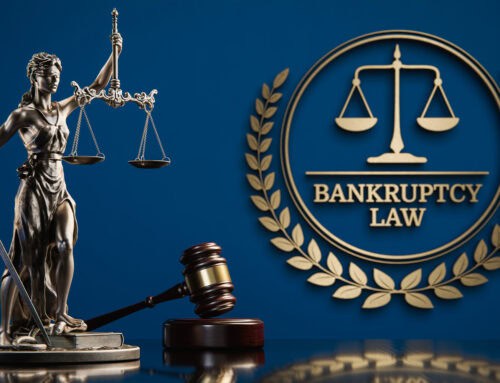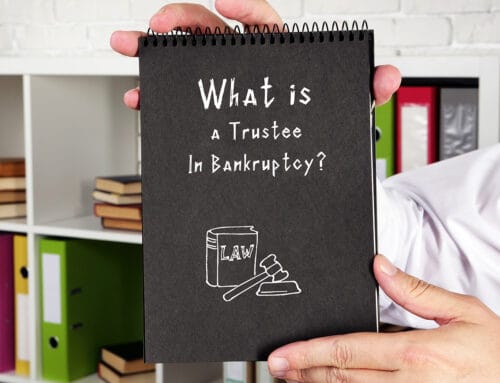What Is Bankruptcy Fraud?
Remember that time there was a pandemic, and the government gave out loans to small businesses to keep them afloat and, people being people, what was intended for good was sometimes used fraudulently? Oh, wait. That was PPP during COVID, and investigations are now occurring. Just like PPP, bankruptcy is intended to provide people a second chance and a hand-up from a bad situation, but people in stressful situations sometimes make bad decisions.
When it comes to bankruptcy, you have mistakes, and you have intentional fraud. The latter is punishable both civilly and criminally with criminal prosecutions often pursued by the Federal Bureau of Investigations and the Department of Justice. Needless to say, bankruptcy fraud is not something you want to employ. Let’s take a look at situations that raise red flags in bankruptcy proceedings and then take a look at the difference between a mistake and an act of intentional fraud.
Bankruptcy Red Flags
Everyone deserves a second chance. Sometimes things happen in life that turn you financially upside down. One of the great things about the United States is the opportunities that exist, such as the opportunity to start a small business or to file for bankruptcy protection, that allow anyone to have the chance to succeed. Simultaneously, the shadow side of certain opportunities consists of people who want to take advantage, escape responsibility, or cheat others out of what they rightfully owe.
In bankruptcy, a trustee is charged with overseeing the proceedings and ensuring that all assets are accounted for, and no fraud exists. During the course of bankruptcy, the trustee may identify red flags, which must be investigated, or someone else, such as a creditor or a contact of the bankruptcy filer, may bring a potential issue to their attention. Questions arise from a variety of factors; here are some red flags that pique the watchful eye of a bankruptcy trustee:
- Failure to disclose assets or income
- Inaccuracies on financial reporting
- Obtaining credit when the filer knew they had no means to pay
- Racking up extensive debt intentionally before filing
- Hiding or transferring property
- Lying (perjury)
- Withholding or destroying information or documentation
- Bribing court officers or officials
- Identity theft or fraud
Mistakes Versus Intentional Deceit and Fraud
Anyone is capable of making a mistake, especially during times of stress. It is possible that you could forget to disclose a small source of income or an asset you hadn’t accounted for, and these mistakes are generally remedied through an administrative correction and a re-calculation of the bankruptcy agreement. Sometimes, however, people leverage bankruptcy for nefarious reasons, and sketchy behaviors such as “gifting” a car to a relative or romantic partner right before filing are considered suspect. Other times, actions aren’t quite as clear.
For instance, a creditor may question your credit application for an automobile because your income-to-expenses ratio is too high to be able to repay. A simple listing of income and expenses may clearly demonstrate that the monthly payment leaves you with a deficit. Did you intentionally apply for credit, knowing you would default? Or did you get in over your head due to poor financial knowledge or thinking a potential promotion was a sure thing when it really wasn’t?
Decisions Have Consequences
Every situation isn’t exactly clear cut. Like many things, financial hardship can be nuanced. One thing is clear, however: fraud. Fraud is a blatant attempt to skirt the system, and it is against the law.
If you are suspected of not disclosing the right information, or if it becomes clear you have additional assets of value that weren’t disclosed, your bankruptcy filing could be dismissed with the inability to re-file. The trustee could also order you to pay the full debt, or they could identify another consequence. If you commit intentional fraud, you could be fined $250,000 for making false statements, receive prison time, and be charged with additional offenses, including trouble with the IRS.
Enlist the Help of a Legal Professional
Most people file bankruptcy because they are in honest financial dire straits, and most filings are accepted. If you’re considering filing for bankruptcy, contact us to help you navigate the process and ensure all goes as smoothly as possible.
Disclaimer: This article is intended for informational purposes only and does not constitute legal advice. For personalized assistance, please contact our office at (805)494-8400.





